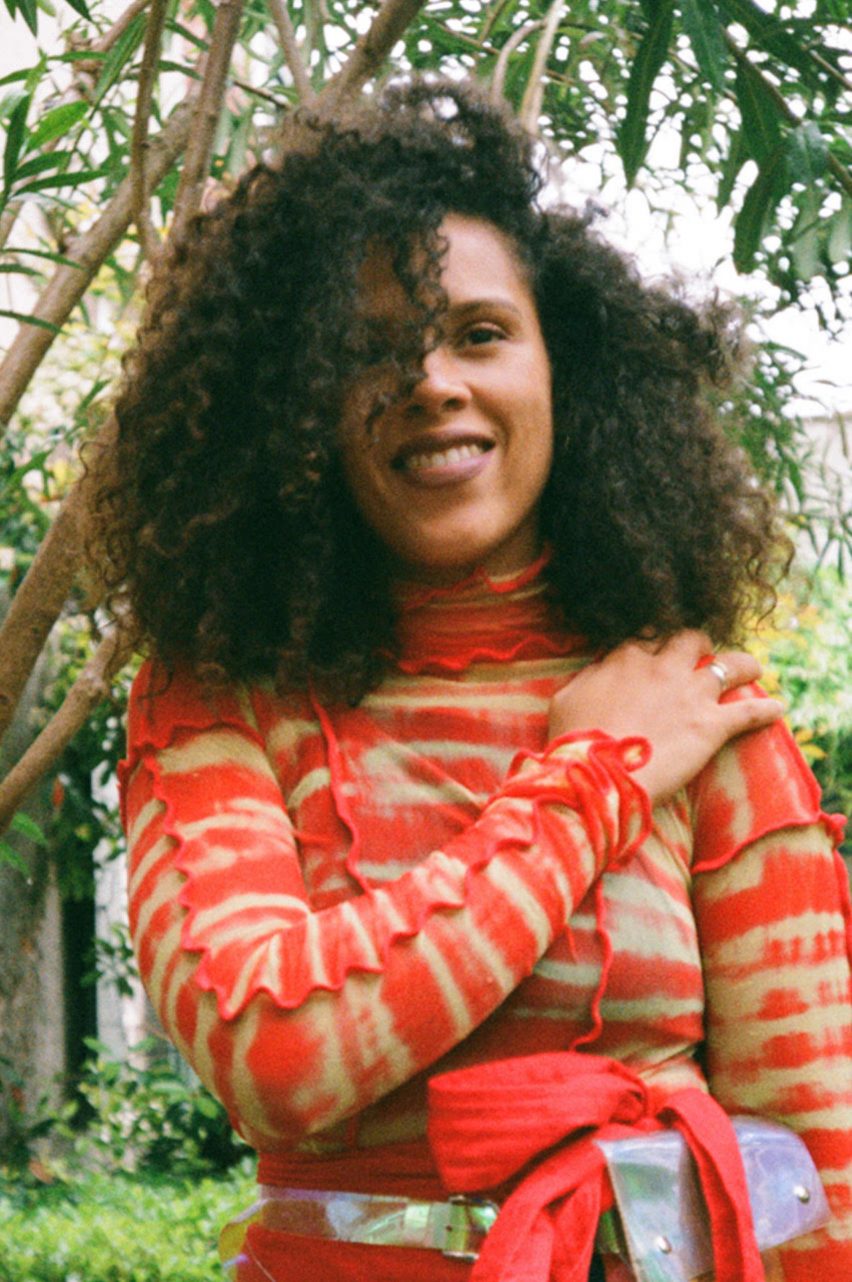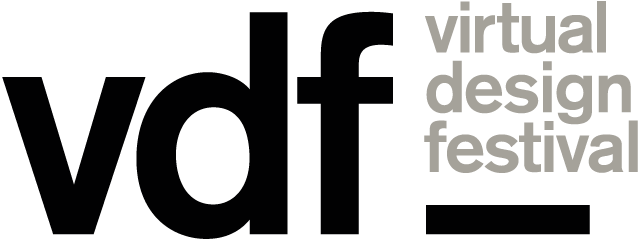Ibiye Camp discusses how post-lockdown architecture could be designed digitally in film for VDF
The London Festival of Architecture has teamed up with Virtual Design Festival to show a selection of movies from its series Manifestos: Architecture for a New Generation, starting with a short film from artist and architect Ibiye Camp.
Camp's work encompasses everything from clothing to upcycled material, technological installations and film. "The material and medium of my work tends to be informed by the site," she explained in her Manifestos video.
Her practice focuses on postcolonial subjects, technology and the built environment. Many of her projects have been informed by East Street Market, a market in Walworth, south London that is one of the oldest in the UK capital.

"When designing, I develop concepts in various scales of the site. An example of this are data collection devices constructed for people to scan the actions within markets," Camp said.
Developed in response to the internet and how it shapes contemporary culture, the data gathered helped Camp question the potential for architecture to shape a future for the next generation of Londoners.
Lockdown could mean needing to rethink public space in London
It also made her reimagine how markets will function after the current London lockdown. "One of the many challenges for London in 2020 [is] that we will need to rethink public space in the city," she said.
"We have been instinctively using digital platforms for communication, but potentially, we will be designing more and more in the digital realm."
Manifestos: Architecture for a New Generation is an annual collaboration between London Festival of Architecture and the Design Museum. It aims to highlight work by an emerging generation of voices in architecture who are expanding the parameters of what architecture can be, who London is for and what its future holds.
Camp was nominated to take part in the series by London-based Portuguese architect and curator Mariana Pestana.
"Ibiye Camp’s augmented realities reveal hidden narratives and generate alternative perspectives that deconstruct dominant geopolitical and technological biases," Pestana said.
"Using architectural tools, she highlights postcolonial subjects and conflicts inherent to technology. Her original and pioneering work introduces new tools for sensing the complexities of the contemporary world."
